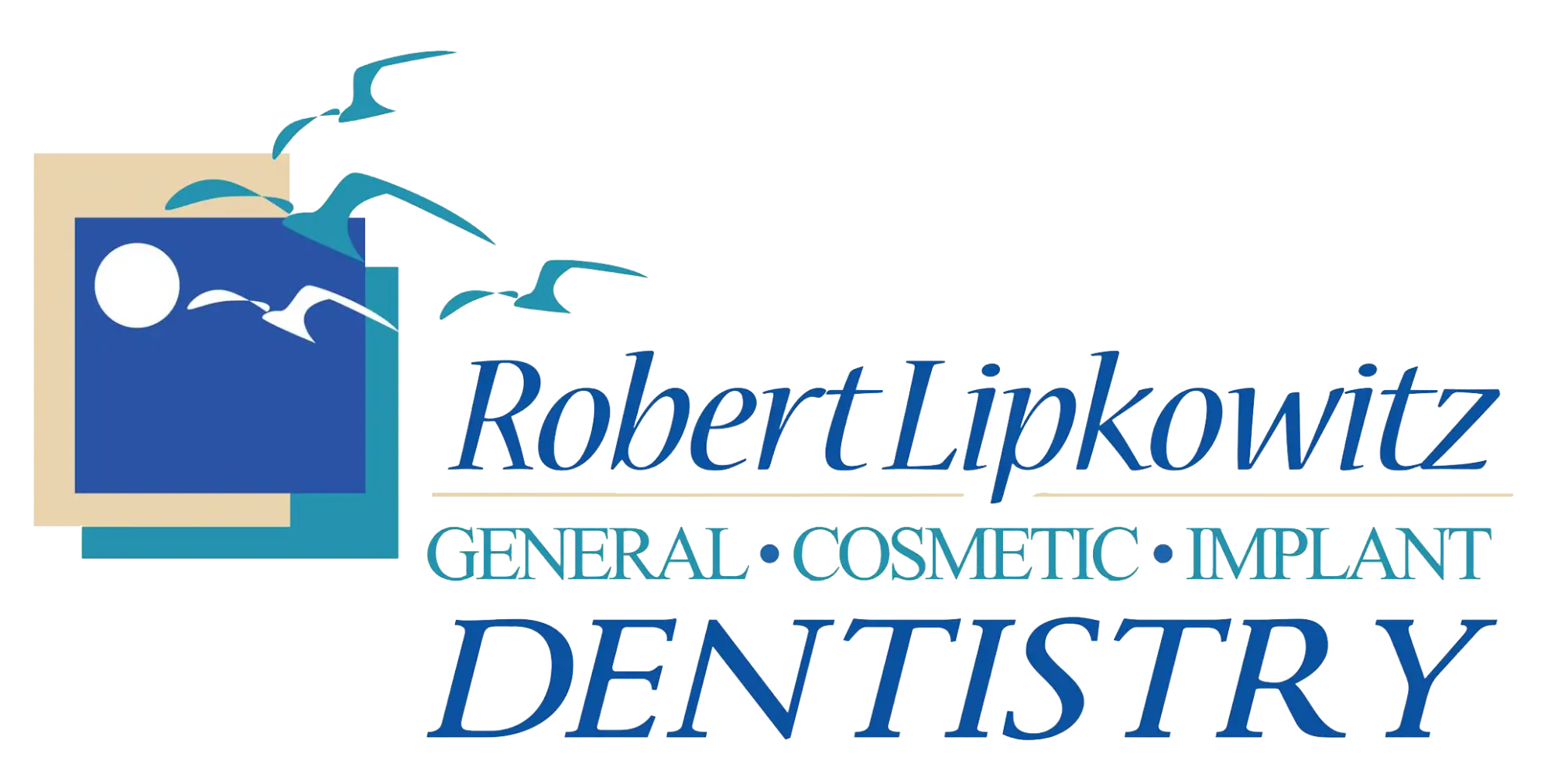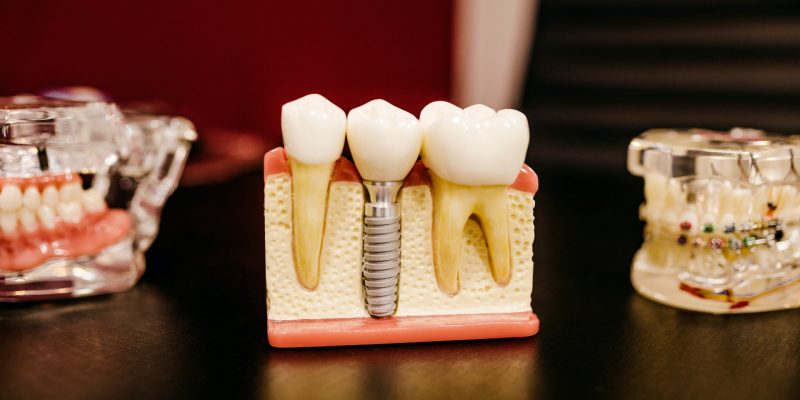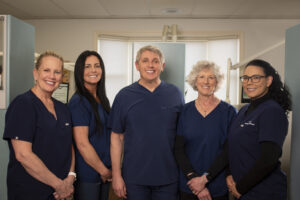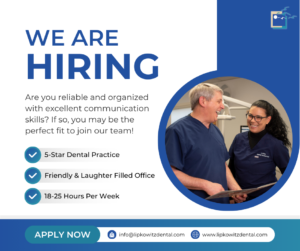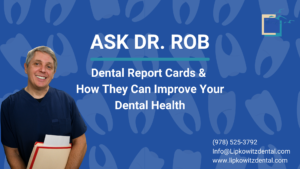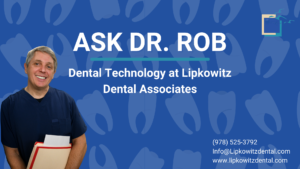Oral health plays a vital role in the body’s overall health. As you age, especially as you reach the ages of 50 and older, your oral health requires extra attention to avoid unplanned issues. Knowledge is power, and being aware of the most common oral health issues will empower you to take the preventive action needed to ensure your overall oral health and well-being. Below are the 5 most common oral health issues seen in those over 50.
Gum Disease
Periodontal, or gum disease, is one of the most common oral health issues in adults. This disease is caused by bacteria in plaque and tartar buildup that irritates the gums. The symptoms include:
- swelling
- bleeding
- redness
- pain
This disease is common in adults because it typically shows no symptoms until it is severe. When gum disease is left untreated and becomes severe, it can lead to bone loss around the affected teeth. This stage of gum disease is called Periodontitis. It has been determined that smoking can accelerate bone loss that occurs from this infection.
Gingivitis is the lesser of two gum diseases that cause bacteria buildup around the teeth. If treated early on, it can be cured; however, if untreated, it is likely to progress into Periodontitis. Regular flossing, proper brushing, a healthy diet, and regular dental checkups will reduce the likelihood of gum disease.
Dry Mouth
Xerostomia, or dry mouth, is common in aging adults. A large percentage of those over 50 can experience a decrease in saliva production as a result of medications that reduce flow from the salivary glands in the mouth. When saliva production decreases, acids and sugars from the foods/drinks you consume settle into your mouth and build up around your teeth increasing the likelihood of cavities. Reduced saliva can also cause cracked lips and difficulty swallowing in severe cases.
There are numerous strategies to treat dry mouth. First, make sure that you’re drinking an adequate amount of water (at least 6-8 glasses per day) as well as reduce the amount of sugary, acidic foods and beverages in your diet. Sucking on tart sugar-free candies and chewing sugar-free gums sweetened with xylitol can stimulate salivary flow without harming your teeth. Avoid mouthwashes with alcohol, tobacco use, and minimize caffeine. Exploring saliva substitutes as well as Over-the-counter mouthwashes made specifically for dry mouth like Biotene are also viable options to reduce the dryness from this problem. In severe cases, your physician can prescribe Pilocarpine, a medication that will increase salivary flow.
Worn Teeth
Tooth enamel may become thinner as you age due to misaligned teeth and the grinding and chewing motions that naturally occur throughout your life. If you grind your teeth at night or have been known to in the past, the chance of wear on your teeth is higher. The causes of tooth grinding are complicated and can be very destructive causing chipping, cracking, and breaking of your teeth. Worn teeth can be repaired or cosmetically enhanced with the use of crowns, bonding, or cosmetic veneers that repair the damage and give you a healthier, younger-looking smile.
If you do grind your teeth or clench your jaw during sleep, see your dentist about a nightguard to reduce the risk of excess wear and ask what can be done to repair the damage.
Broken/Cracked Teeth
Whenever a tooth gets a cavity, cleaning out the tooth decay repairs the problem but leaves the tooth weaker than it once was. The larger the filling, the less strength the tooth has. Over time small cracks can form in the remaining tooth. As time passes and the tooth is chewed upon, these cracks gradually grow. In addition, as we age, the pulp in the tooth, where the nerve tissue and blood vessels are located, gets smaller. This reduction in size can also increase the brittleness of teeth. These changes increase the risk that a tooth will crack or even break off completely. There are various procedures to strengthen teeth before they break; however, once broken, treatments including crowns, veneers, and fillings are needed to repair the damage.
Missing Teeth
As teeth become more brittle with age, you are at higher risk of losing one after it becomes cracked or broken. The loss of a tooth, or multiple teeth, can lead to cosmetic issues in your smile in the front of your mouth, difficulty chewing in the back of the mouth, and over time teeth shift into the spaces left by the missing tooth which can ruin your bite. The best way to replace a missing tooth is with a dental implant. Through this procedure, a new root is fused with your jawbone and a cosmetically designed tooth is placed in the spot of the missing tooth. Other options include bridges and full or partial dentures.
Maintaining a healthy oral hygiene plan to mitigate the risk of experiencing the common oral health issues for those over 50 is vital to a healthy body and ageless smile. If you have experienced one of the most common oral health issues we discussed, you are not alone, and we can help. Contact us today to set up a consultation to turn your oral health goals into a reality. Don’t go another day without showing the world your best and healthiest smile.
